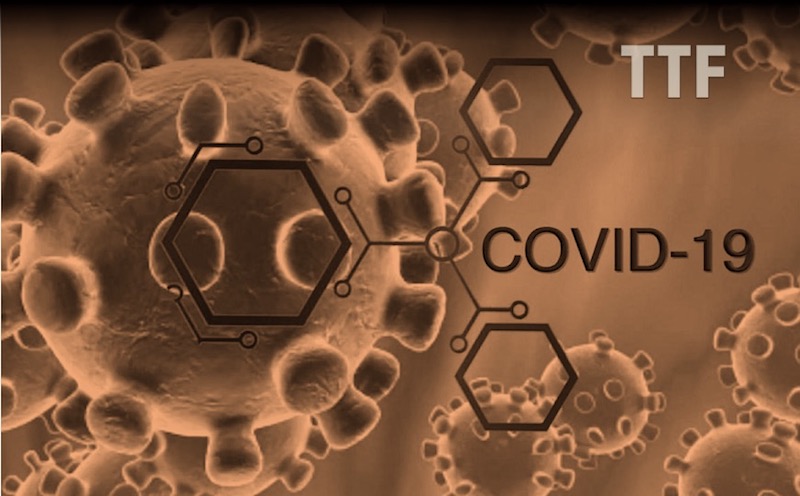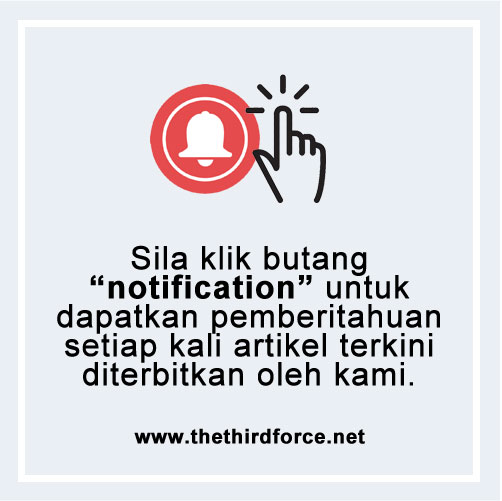
“On Monday, US multinational Johnson & Johnson said it had identified a vaccine and that the US government was investing USD1 billion in its development”
THE THIRD FORCE
#تتفچوۏيد19: اخيرڽ، بريتا باءيق
#TTFCovid19
The world media has a tendency to place more emphasis on the darker side of the Coronavirus pandemic since negative news attracts more attention.
Granted, things are bad, and we can’t slip into ignorance and live in a make-believe world, telling ourselves, “everything is ok.”
It is not.
Yet, there is always a silver lining and a shade of positivity in everything that happens, and the Covid-19 situation is no different.
As it is, millions of people are already rising to the occasion and are bringing in some good news that seems to lessen the impact of the bad.
So, in the interest of balance, here are some positive things that have come off the crisis in the past week or so:
1. It might kill fewer people than we thought
While no one can be sure at this point how many people infected with Covid-19 will die, on the 31stof March 2020, the Oxford Centre for Evidence Based Medicine (CEBM) reduced their best-guess estimate from 0.51 per cent down to 0.1–0.26 per cent.
Among others, they think that some people categorised as having died of Covid-19 didn’t actually die of the disease but of existing conditions, some quite serious – they just happened to have Covid-19 when they died.
And 0.1–0.26 per cent is far lower than most other experts have estimated or predicted, meaning, the projections made by some institutions with regards to the situation in Malaysia may prove to be off-scale.
This gives us something to hope for, and that is, that the CEBM turns out to be right.
2. Testing is increasing rapidly in most countries
The United States has gone from testing 350 people on the 7th of March 2020 to 30,000 people on the 19th of March, up to 101,000 on the 1st of April.
Iceland has already tested almost 6 per cent of its population and is releasing data in a way that makes it very easy for others to analyse.
Malaysia is on par with the World Health Organisation in terms of testing standards and is making very conscious efforts to trace groups of people deemed as high-risk.
The Movement Control Order (MCO) – currently in its third week – has succeeded in preventing a spike in cases in what is now deemed a transitional period into a third wave of infections.
So we’re really not doing all that bad – as a human race – in ensuring the wellbeing of our species.
3. We’re learning what we need to know to respond intelligently
We’ll soon know a lot more about what fraction of the population has or has had Covid-19, something we’ve been very unsure about so far.
Researchers will discover why one group of people in one zone, continent or country is more susceptible to infections than others and how and why the level of susceptibility differs between age groups.
Such information is essential when deciding our responses and when it is truly safe for people to start leaving their homes more often.
Nearly-random surveys of the general public, including people without any symptoms, are going on in Austria, the US, Iceland, the United Kingdom and probably many other countries.
4. There is rapid technological progress on every front
This week, pharmaceutical firm Abbott Laboratories said it was launching a test for the SARS-COV-2 virus that could take as little as five minutes and “be run on a portable machine the size of a toaster,” with German technology company Bosch saying it has done the same.
On Monday, US multinational Johnson & Johnson said it had identified a vaccine and that the US government was investing USD1 billion in its development.
Another group is investigating ways to start human trials for vaccine candidates early, using brave and willing volunteers,who haven’t been at all hard to find.
In March, the World Health Organisation launched a global ‘mega-trial’ of four potential treatments.
Stage 3 trials for remdesivir, described in one paper as the most promising candidate antiviral against Covid-19, was launched in the UK just this week.
Finally, Moderna Therapeutics started doing human trials for a new kind of vaccine back in mid-March. That’s the fastest the world has ever gone from identifying a new disease to conducting vaccine trials in people.
Credit: 80000 hours



